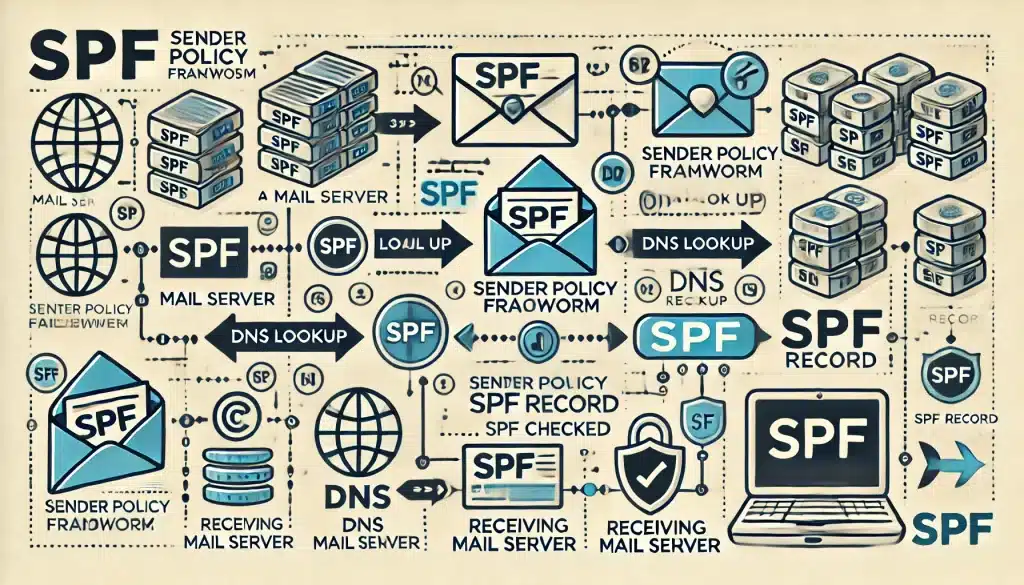In the world of digital marketing and SEO, “Domain Authority” (DA) is a crucial concept. It’s a metric developed by Moz that predicts how well a website will rank on search engine result pages (SERPs). While it isn’t a direct ranking factor used by Google, it is an excellent way to understand your site’s relative standing in the competitive landscape of search rankings.
How is Domain Authority Calculated?
Domain Authority is scored on a scale from 1 to 100. Websites with higher DA scores are generally seen as more authoritative, trustworthy, and likely to rank well in search engines. Factors influencing DA include:
- Link Profile: The number and quality of backlinks (other sites linking to your website) play a significant role. The more high-quality, relevant sites link to your content, the higher your score.
- Root Domains: The number of unique domains that link back to your site. A diverse link profile is better than having multiple links from just a few sites.
- Content Quality: High-quality, regularly updated content that engages your audience can help attract backlinks and improve your DA.
- Site Structure and Technical SEO: Sites with good technical SEO practices, fast load times, and a mobile-friendly design are more likely to rank higher and improve their DA over time.
Why Does Domain Authority Matter?
While Google doesn’t use Domain Authority directly in its ranking algorithm, it’s a helpful metric for SEO professionals. Here’s why:
- Benchmarking: It allows you to compare your website’s authority to your competitors and monitor your SEO efforts over time.
- Link-Building Strategy: Websites with higher DA are more valuable for backlinking purposes. If you want to build links, targeting high DA sites will provide more SEO juice.
- Predictive Value: A high DA score suggests that your website has a better chance of ranking well for competitive search queries.
How Can You Improve Your Domain Authority?
Improving Domain Authority is a long-term strategy that involves various SEO practices. Here are some steps you can take:
- Build High-Quality Backlinks: Focus on earning links from reputable, high-DA websites. Reach out to authoritative blogs in your niche for guest posting opportunities, or create valuable content that others naturally want to link to.
- Improve On-Page SEO: Ensure your website is technically sound with optimized title tags, meta descriptions, and internal linking. A solid internal link structure helps search engines better understand and index your content.
- Create Valuable Content: Regularly produce high-quality content that answers users’ questions and solves their problems. The more valuable your content, the more likely people will link to it.
- Clean Up Toxic Links: Disavowing low-quality, spammy backlinks can prevent your site from being penalized by search engines, protecting your DA score.
Conclusion
Domain Authority is a powerful tool for measuring your website’s SEO strength relative to your competitors. While it’s not a direct ranking factor, improving your DA by focusing on high-quality backlinks, technical SEO, and valuable content can greatly boost your search engine performance.
By keeping track of your Domain Authority and actively working on enhancing it, you can give your website a better shot at ranking higher and attracting more traffic in the long run.




